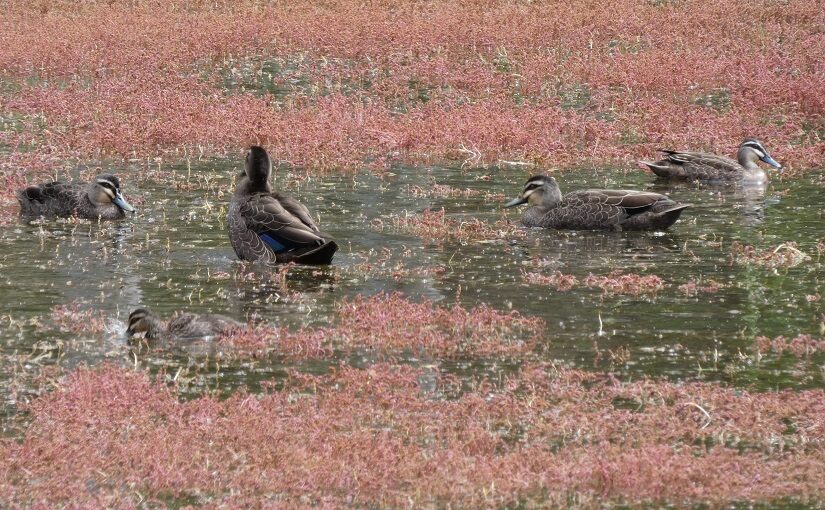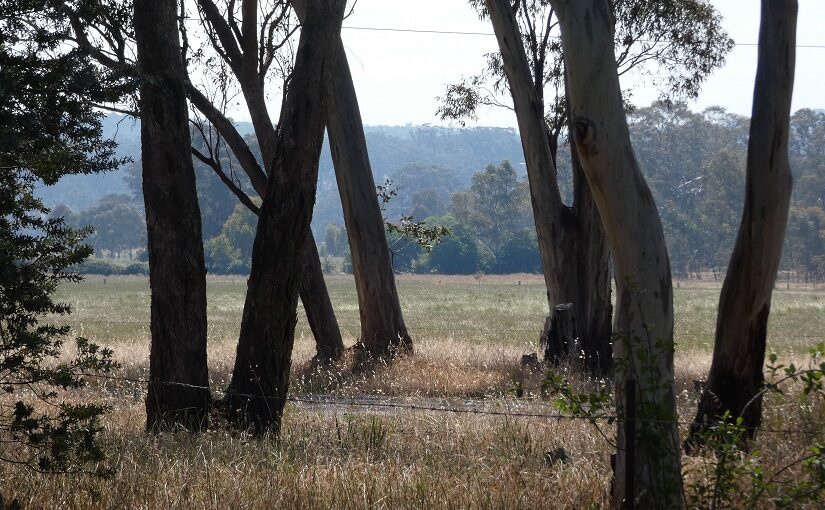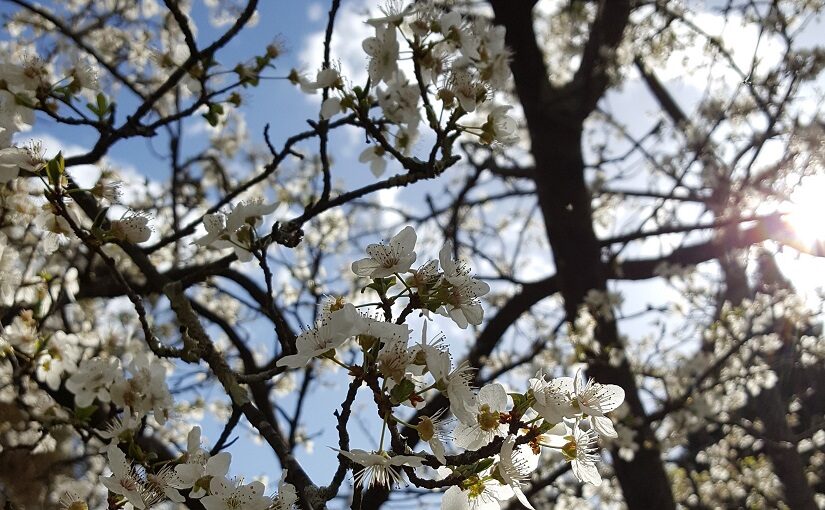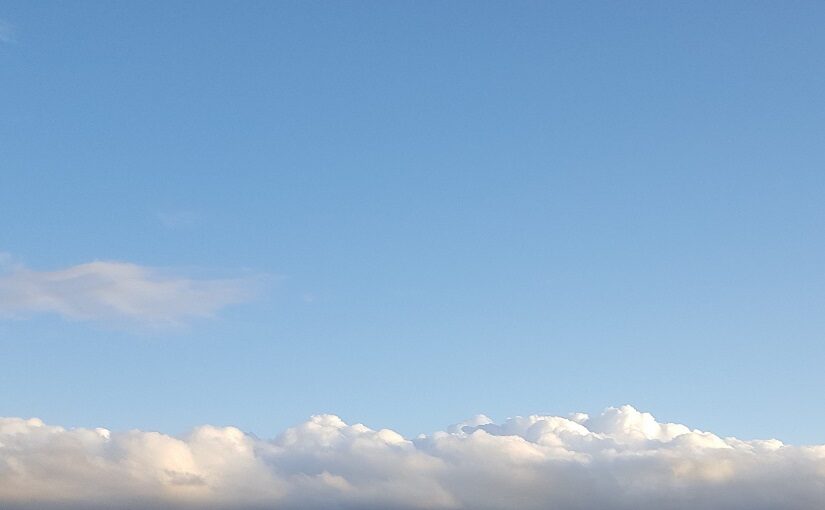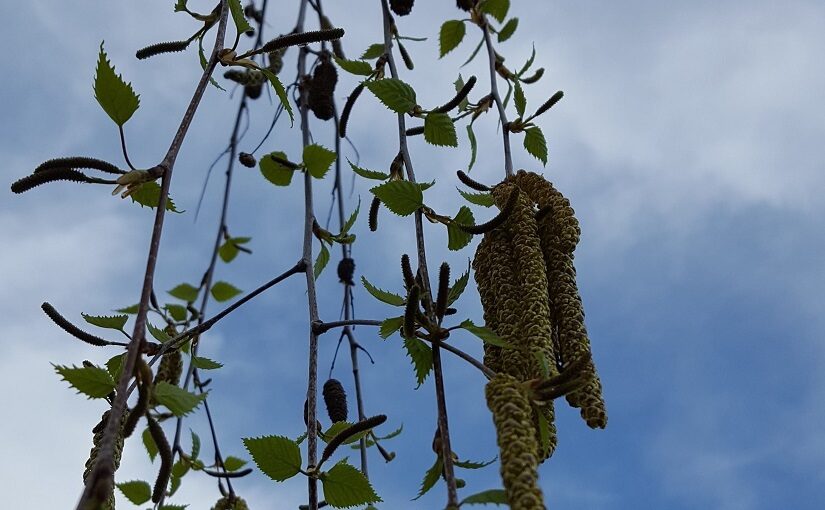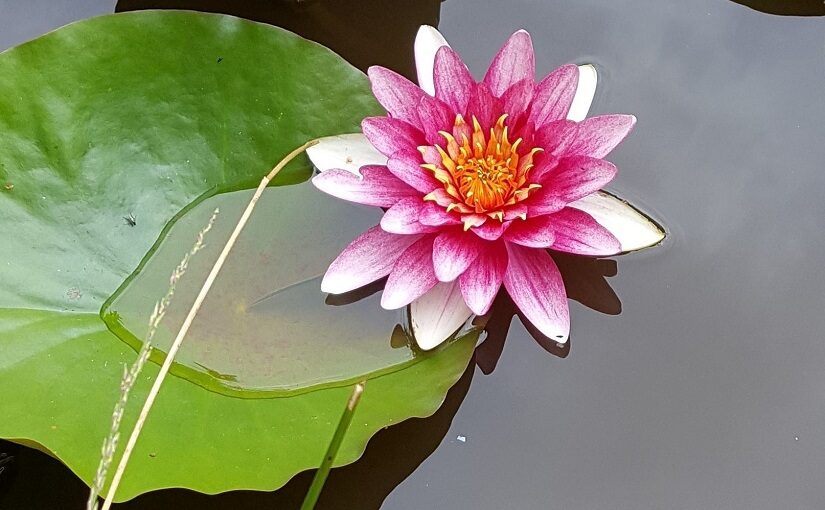Seeing life as a path of binding knowledge to self then using it to navigate our environment, how are we to view all the information currently surrounding us? All the many ways of thinking assailing us with theories or perspectives we might take up, leading us in various directions along often diverging paths. These different forms of knowledge we could embrace.
Who’s to say which is best? Don’t they simply create a different reality? The ideas we accept becoming the path we walk, the choices we make, the realities we uphold or chip away at through our lack of belief in their importance. Each person perhaps building their own reality within our collective one out of all those things they’re seeing as worthwhile or beneficial.
As humans standing within complex realities, perhaps it’s understandable we tie things together in different ways? Various shades of meaning emerging over the years as ideas hold sway before merging to become something else in this constant cross-pollination of thought. Words evolving and taking on new significance as people pick them up and relate them to altered situations.
Each society perhaps having its own distinct body of ideas it hopes to pass on – imparting all it feels to be essential for maintaining its way of life through the understanding of its members. All the conventions, attitudes, convictions and practices that together make up a culture and means of existing alongside others in workable harmony.
Isn’t part of that building up the picture of how it all comes together? All the details of our personal and social lives feeding into the collective realities woven throughout all our lives – everything we do mattering for where it fits within the larger context. Surely nothing we do really falls down the cracks into a place with no consequences? It’s all part of this broader sense of “what life is” and “how we sustain it”.
How, then, are we to place ourselves within reality? We could map it out logically and systemically with that kind of prized and valuable thinking currently reworking our lives through technology: everything broken down into its component parts, lines of causality clearly drawn, leading us toward expected and foreseeable conclusions. This idea that realities can be confidently, knowingly managed that way.
We could just adopt whatever train of thought is generally accepted and acted on – going along with prevailing opinion in whatever direction it happens to be headed. This idea that communities need to think alike and share their basic assumptions if collective life is to run along smoothly, predictably, reliably, and without any unnecessary conflict. That society might simply be asking us to agree.
Alternatively, might we not stand more actively in our knowledge? Seeing not only what society thinks and how those ideas arose, but also how that relates to our choices and their consequences. As if “being human” might mean to fully understand our lives for what they are and exactly how much all we do matters in the broadest possible sense.
Notes and References:
Any escape from cause & consequence?
Doing the right thing, we erase consequences
What if solutions aren’t solutions?
All we want to do passes through community
Common sense as a rare & essential quality
Education as an understanding of life
Can our thinking match realities?
Is there any end to the power of thought?
Charting our own course
The thinking behind technology
Somewhere between ideals & realities



